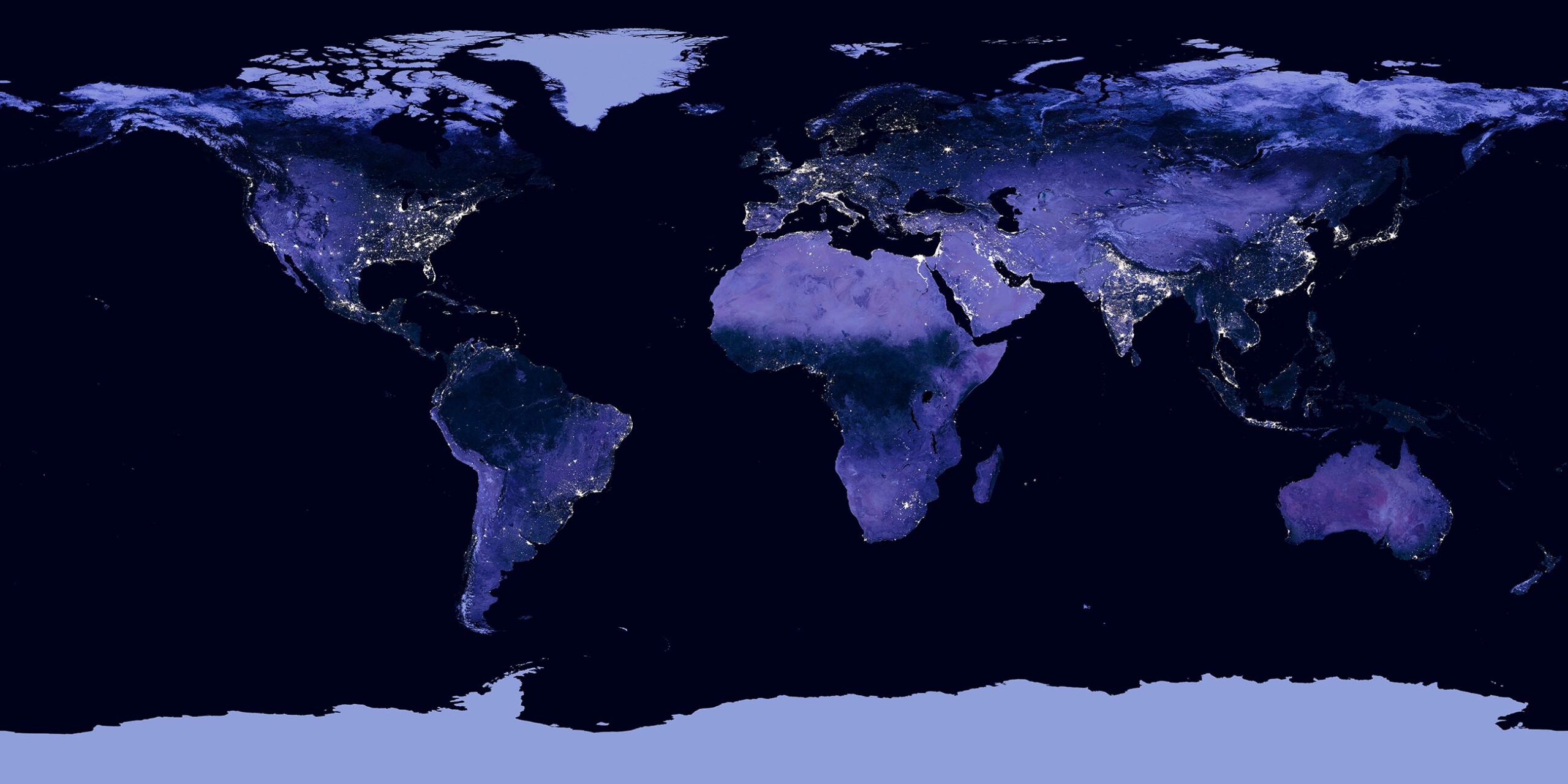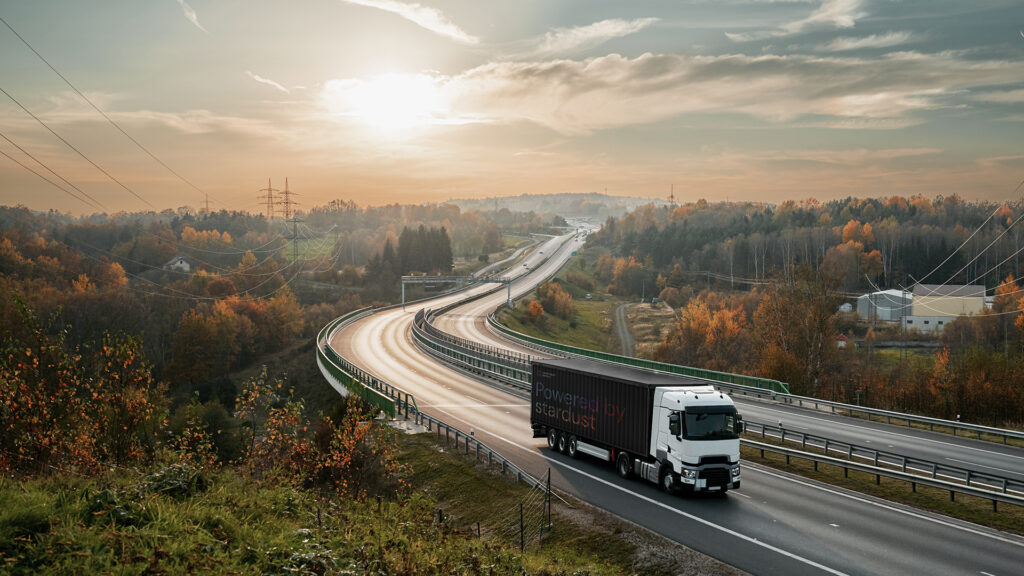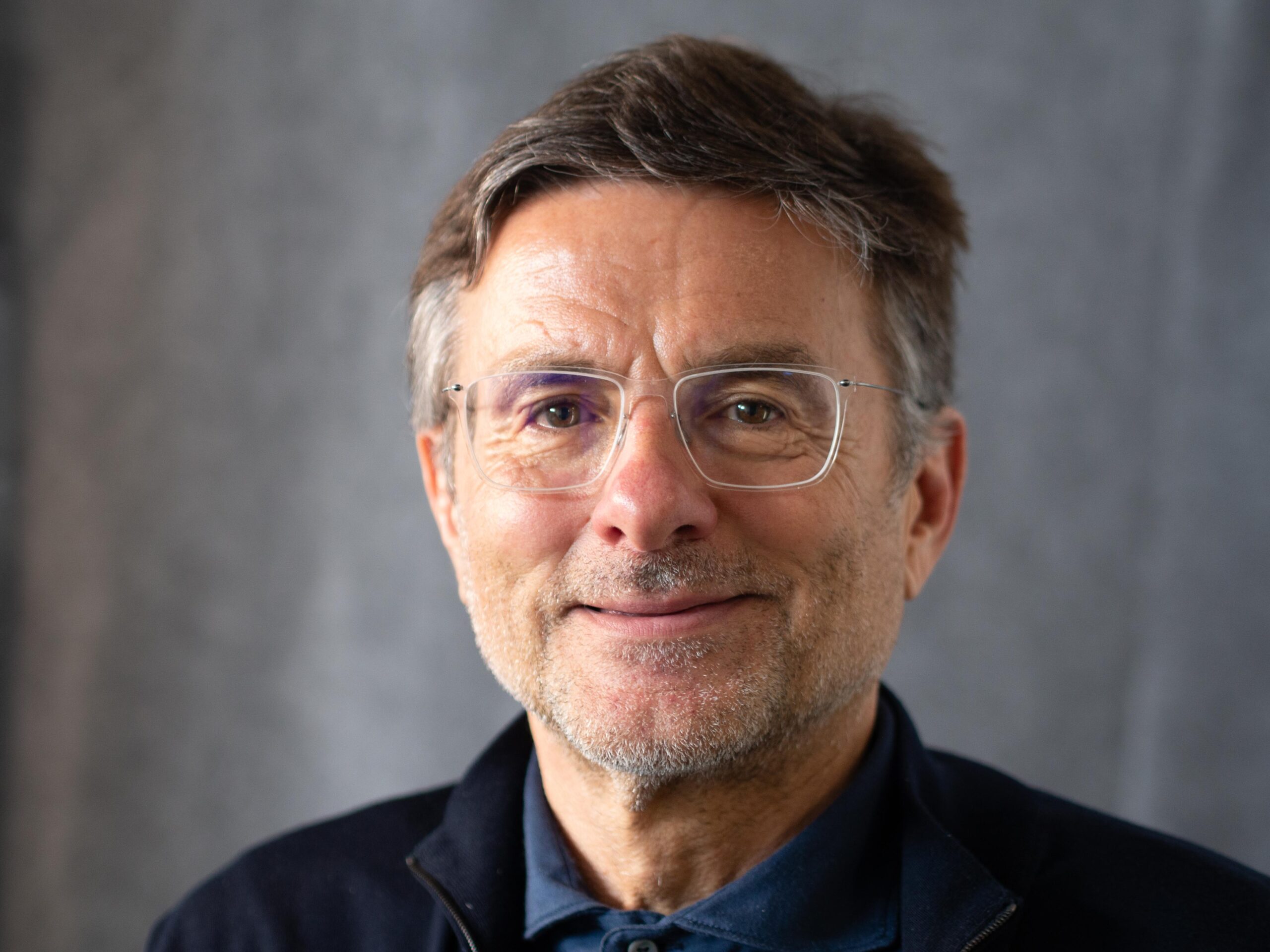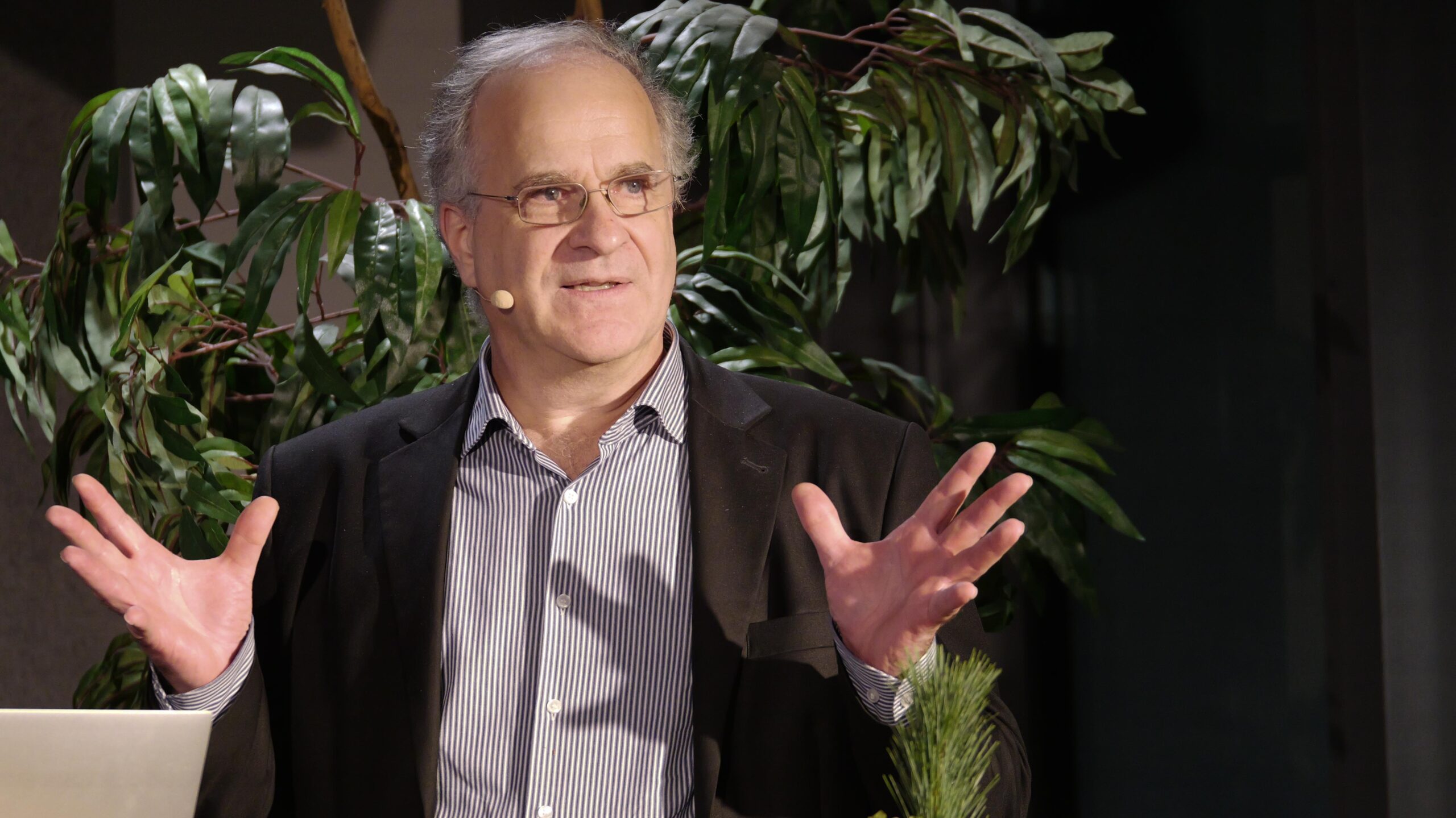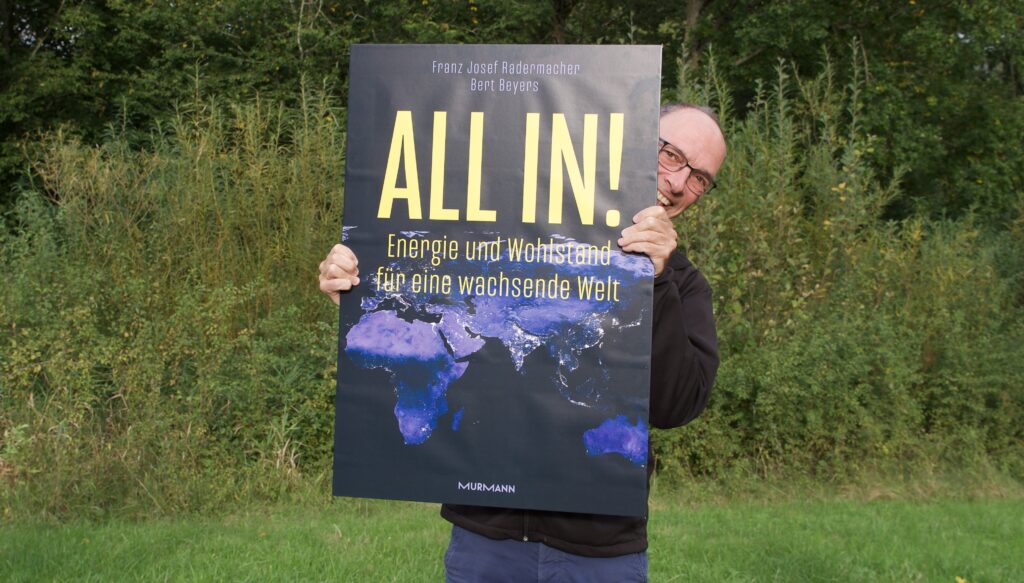During the election campaign, the CDU criticised the shutdown of the last three German nuclear power plants in 2023 as a “wrong decision”. They wanted to review the recommissioning. Now that the new federal government has been formed, the situation is different. Economics Minister Katherina Reiche (CDU) is not in favour of a restart. The reasons: a lack of trust in the economy and society. Germany has withdrawn from all international bodies and is now focussing solely on nuclear fusion. At the same time, Germany continues to import nuclear power from abroad.
Nuclear energy is gaining momentum and acceptance beyond Germany’s borders. Belgium recently extended the lifespan of its nuclear power plants and also wants to build new ones. Italy is planning to withdraw from the nuclear phase-out programme. Belgium, Italy, Denmark and Romania want to enter into the development of SMRs (small modular reactors).
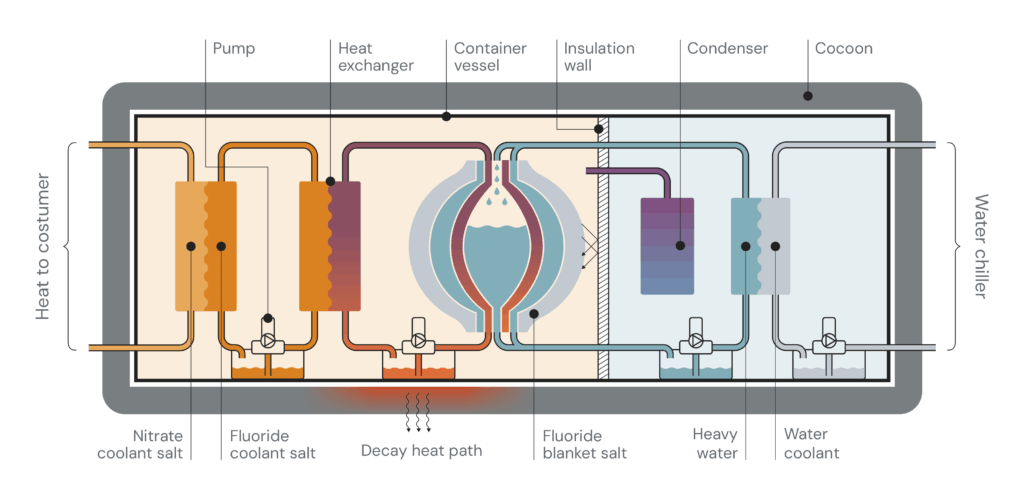
Solar and wind power are volatile and only have very limited base load capability. At the same time, digitalisation is advancing in leaps and bounds, driven by AI. Experts are relying on SMR as the ideal energy source for their climate-neutral, uninterrupted and, if possible, export-independent power supply. The International Energy Agency (IEA) also believes that this technology will play a key role in meeting the future demand for electricity in the digital sector. The leading industrialised countries that operate nuclear reactors have also recognised this. More than 80 SMR projects with different technologies are being worked on in over 30 countries. In addition to public funding, more and more private money is being channelled into SMR technology, as a fast solution for generating climate-neutral and base-load-capable electricity with relatively low investment can offer companies in the digital sector decisive competitive advantages.
Germany has committed to disposing of its nuclear waste safely. SMR technology can help with this. With certain SMR models (so-called advanced small modular ractors, ASMR), nuclear waste can be utilised as fuel and thus disposed of. By converting (transmutation) these fuels, the volumes can potentially be reduced and the decay time reduced to less than one per mille compared to conventional disposal.
Germany is currently on the sidelines when it comes to the development of SMRs. This is despite the fact that SMRs have the potential to become a strategic, competitive component of our climate-neutral and uninterruptible power supply and pave the way for many new applications. The energy requirements for digitalisation will be virtually impossible to meet without them.
Similar to nuclear fusion, Germany should create the regulations and conditions to be able to utilise the potential of SMR.
In addition, Germany should also create the basis for building up knowledge and developing qualified specialists for a new commitment in the nuclear sector.
Here is a reference to further contributions:
- A joint editorial by GES and FAWn in which we clarify our position on nuclear energy.
- An introduction: the importance of SMR for the energy supply worldwide and especially for Germany. By Manfred Schroeder
- A detailed report with background information on SMR. By Manfred Schroeder and Bernhard Leidinger
